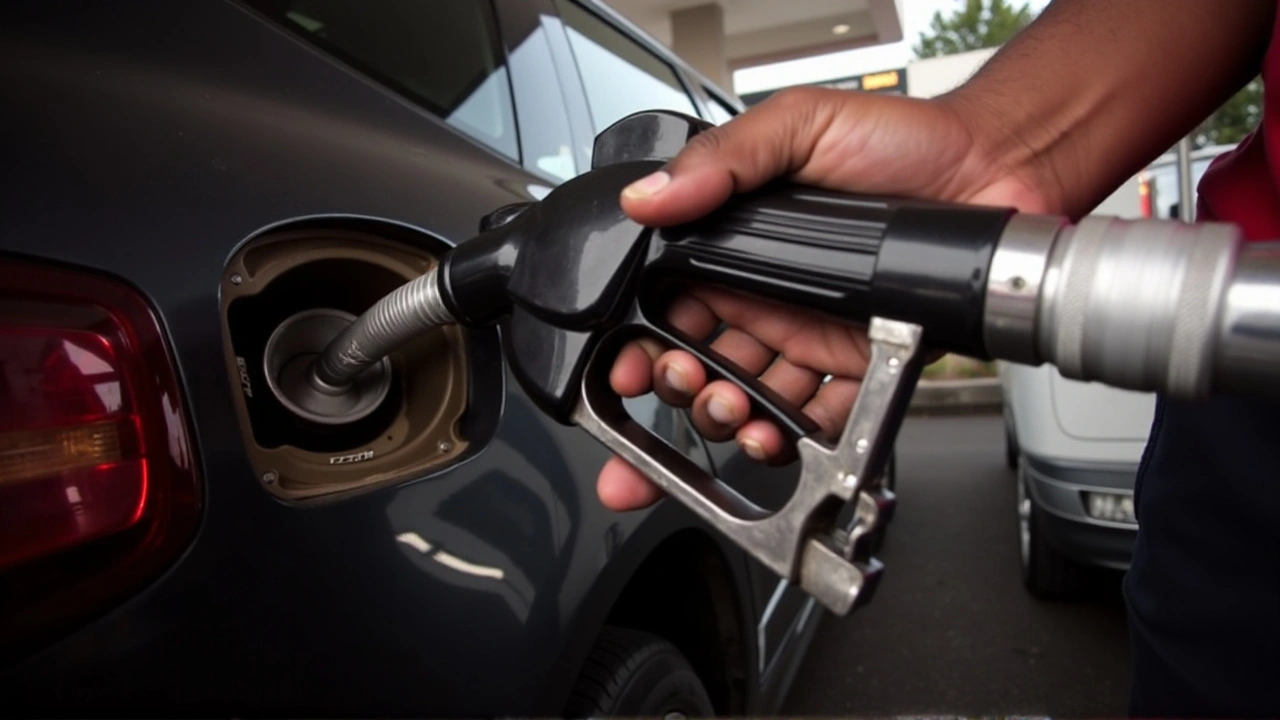Fuel cost: smart tips to lower what you pay at the pump
Feeling the pinch every time you fill up? Fuel cost can swing fast, and small changes add up. This guide explains why petrol and diesel prices move and gives clear, doable steps you can use today to save money — whether you drive, taxi, or run a small delivery service.
Why fuel costs change
Three big things push prices up or down: the world oil market, local taxes and fees, and how strong your currency is. When global crude oil rises, refiners charge more. If your country imports fuel, a weak local currency makes imports pricier. Add taxes, transport costs and occasional supply problems — and that pump price climbs. In places like South Africa, fuel prices are updated monthly, so expect regular moves rather than one-off spikes.
Practical ways to cut your fuel bill
You don’t need to overhaul your life to save fuel. Try these simple habits and tools that really work.
Drive smoother, not faster. Hard acceleration and heavy braking burn more fuel. Keep steady speeds and use cruise control on highways when safe.
Plan trips and combine errands. A few short trips from a cold engine use more fuel than one longer trip that covers everything. Plan your route to avoid back-and-forth driving.
Keep your car maintained. Low tyre pressure, dirty air filters and overdue services drop fuel economy. Check tyre pressure monthly and follow basic service schedules — they pay for themselves at the pump.
Lose the excess weight. Clear out heavy items you don’t need. Roof racks and carriers increase wind resistance and fuel use when empty.
Use air conditioning smartly. At low speeds, AC can cost more than opening windows; at highway speeds, AC is usually more efficient than the drag from open windows. Try a balance depending on your route.
Try carpooling and public transport. Sharing rides or using buses and trains cuts costs fast. If you can, schedule rides with neighbours or colleagues for daily commutes.
Watch for loyalty programs and price trackers. Many stations offer loyalty discounts or cheaper mid-week rates. Use fuel price apps and local trackers to spot the cheapest stations near you.
Consider fuel-efficient vehicles. If you’re buying a car, check real-world fuel consumption, not just advertised numbers. Small diesels, hybrids, and modern petrol engines often cost less to run over time.
Small changes add up: smoother driving, fewer trips, regular maintenance and smarter choices at the pump can cut fuel spending noticeably. Start with one or two habits this week and you’ll see the savings before long.

South African Petrol Prices to Decrease by 92 Cents per Liter Starting 4 September
Keabetswe Monyake Sep 3 17Starting 4 September, the petrol price in South Africa will drop by 92 cents per liter. This change will reduce the cost of 93 octane petrol in inland areas to R21.79 per liter and in coastal regions to R22.19 per liter. The reduction is part of regular adjustments reflecting global oil prices, exchange rates, and market influences. These price adjustments aim to align the costs with current market conditions and provide consumer relief.
More Detail